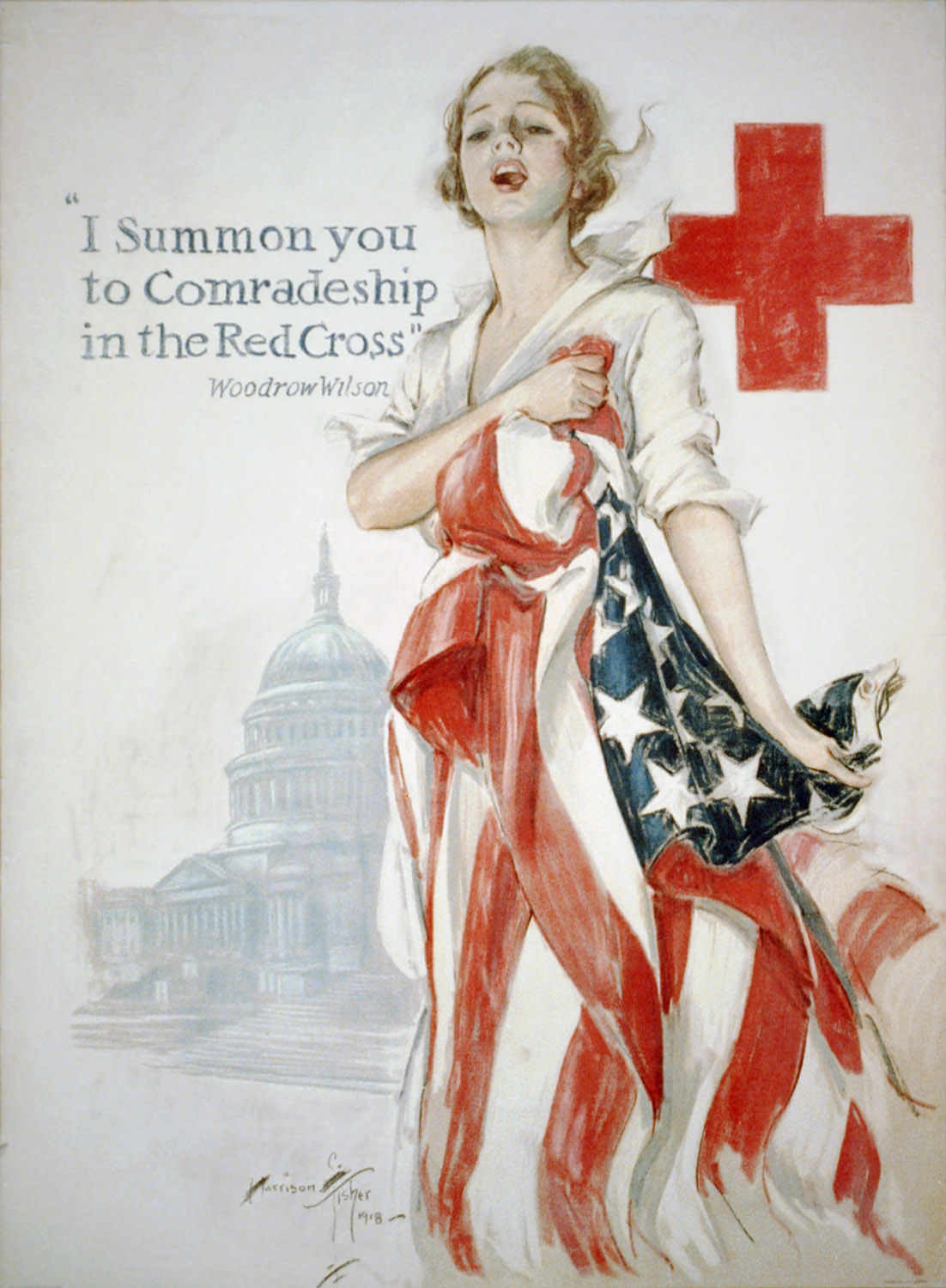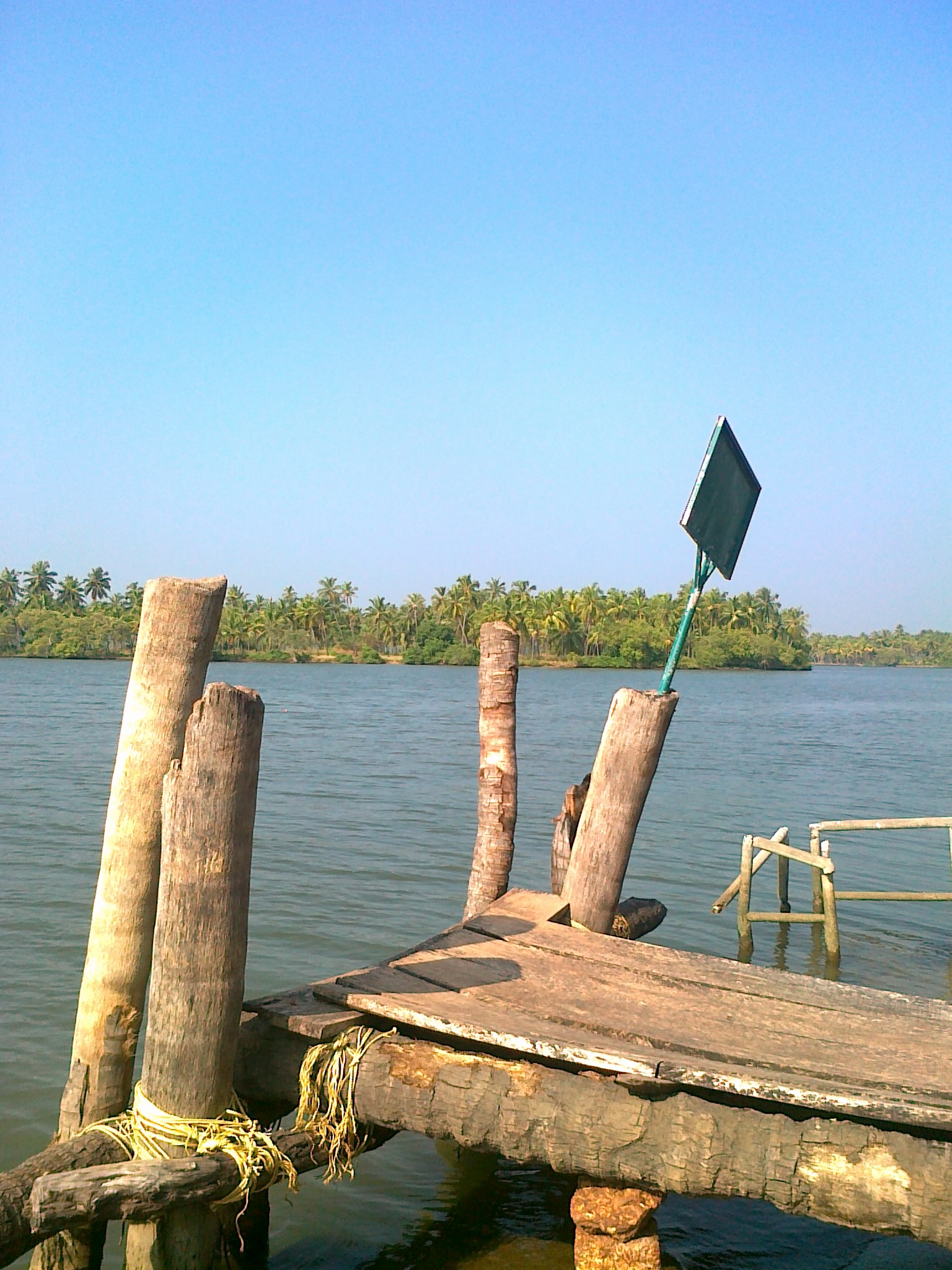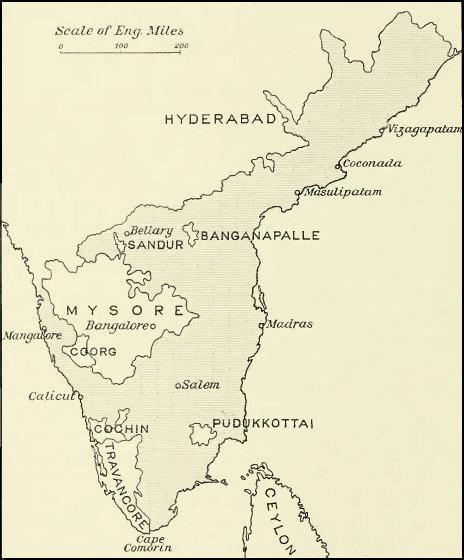|
P. Krishna Pillai
P. Krishna Pillai (19 August 1906 at Vaikom, Kottayam – 19 August 1948 at Muhamma, Alleppey) was a former Indian National Congress leader and communist revolutionary from Kerala, India. He was one of the founding leaders of the Communist Party of India in Kerala, and a poet. Early life P. Krishna Pillai was born in a middle-class family of Vaikom. He lost both his parents at an early age and consequently had to drop out of school at the fifth grade. Leaving his home in 1920, he travelled extensively in the north of the Indian subcontinent. When he returned home two years later, he found Kerala seething with social unrest. Subsequently, he took part in a number of popular movements. He was an active volunteer of Vaikom Satyagraha (1924) and Salt Satyagraha march from Kozhikode to Payyanur (1930). Political life Krishna Pillai who began his political life as a Gandhian and a member of the Indian National Congress in his early youth had gradually transformed into a social ... [...More Info...] [...Related Items...] OR: [Wikipedia] [Google] [Baidu] |
Comrade
In political contexts, comrade means a fellow party member. The political use was inspired by the French Revolution, after which it grew into a form of address between socialists and workers. Since the Russian Revolution, popular culture in the West has often associated it with communism. As such, it can also be used as a derogatory reference to leftists, akin to "". In particular, the Russian word () may be used as derogatory reference to communists. The influence of the term in communism in the 20th century led anarchists to prefer the term ' companion', a term that has been used in Western Europe since the end of the 19th century. Etymology The term comrade generally means 'mate', 'colleague', or 'ally', and derives from the Spanish and Portuguese term , , from Latin , . It may also specifically mean "fellow soldier", comrade in arms. Background Upon abolishing the titles of nobility in France, and the terms and (literally, 'my lord' and 'my lady'), the rev ... [...More Info...] [...Related Items...] OR: [Wikipedia] [Google] [Baidu] |
Payyanur
Payyanur (), is a municipal town and a taluk, a sub-district administrative unit, in the Kannur district of Kerala, India. Payyanur is the first municipality in Kerala to establish libraries in all its wards. On 10 March 2018, Kerala Chief Minister Pinarayi Vijayan inaugurated Payyanur as the fifth taluk in the district. Payyanur taluk comprises 22 villages including 16 de-linked from the Taliparamba taluk and six from the Kannur taluk. The town is situated on the banks of the Perumba River. Location Payyanur is located 36 km North of District HQ Kannur city, 501 km away from State capital Thiruvananthapuram city, 301 km North of Ernakulam city, 126 km North of Kozhikode city, 56 km South of Kasaragod town and 112 km away from Mangalore city. The town lies by the side of three rivers - Perumba River, Punnakka river (Payyanur river) and Kavvayi river (Thattar river). Demographics As of 2011 census, Payyanur had a population of 72,111, with ... [...More Info...] [...Related Items...] OR: [Wikipedia] [Google] [Baidu] |
Trade Unionists From Kerala
Trade involves the transfer of goods and services from one person or entity to another, often in exchange for money. Economists refer to a system or network that allows trade as a market. Traders generally negotiate through a medium of credit or exchange, such as money. Though some economists characterize barter (i.e. trading things without the use of money) as an early form of trade, money was invented before written history began. Consequently, any story of how money first developed is mostly based on conjecture and logical inference. Letters of credit, paper money, and non-physical money have greatly simplified and promoted trade as buying can be separated from selling, or earning. Trade between two traders is called bilateral trade, while trade involving more than two traders is called multilateral trade. In one modern view, trade exists due to specialization and the division of labor, a predominant form of economic activity in which individuals and groups concentr ... [...More Info...] [...Related Items...] OR: [Wikipedia] [Google] [Baidu] |
Indian National Congress Politicians From Kerala
Indian or Indians may refer to: Associated with India * of or related to India ** Indian people ** Indian diaspora ** Languages of India ** Indian English, a dialect of the English language ** Indian cuisine Associated with indigenous peoples of the Americas * Indigenous peoples of the Americas ** First Nations in Canada ** Native Americans in the United States ** Indigenous peoples of the Caribbean ** Indigenous languages of the Americas Places * Indian, West Virginia, U.S. * The Indians, an archipelago of islets in the British Virgin Islands Arts and entertainment Film * ''Indian'' (film series), a Tamil-language film series ** ''Indian'' (1996 film) * ''Indian'' (2001 film), a Hindi-language film Music * Indians (musician), Danish singer Søren Løkke Juul * "The Indian", an unreleased song by Basshunter * "Indian" (song), by Sturm und Drang, 2007 * "Indians" (song), by Anthrax, 1987 * Indians, a song by Gojira from the 2003 album '' The Link'' Other uses ... [...More Info...] [...Related Items...] OR: [Wikipedia] [Google] [Baidu] |
1906 Births
Events January–February * January 12 – Persian Constitutional Revolution: A nationalistic coalition of merchants, religious leaders and intellectuals in Persia forces the shah Mozaffar ad-Din Shah Qajar to grant a constitution, and establish a national assembly, the National Consultative Assembly, Majlis. * January 16–April 7 – The Algeciras Conference convenes, to resolve the First Moroccan Crisis between French Third Republic, France and German Empire, Germany. * January 22 – The strikes a reef off Vancouver Island, Canada, killing over 100 (officially 136) in the ensuing disaster. * January 31 – The 1906 Ecuador–Colombia earthquake, Ecuador–Colombia earthquake (8.8 on the Moment magnitude scale), and associated tsunami, cause at least 500 deaths. * February 7 – is launched, sparking a Anglo-German naval arms race, naval race between Britain and Germany. * February 11 ** Pope Pius X publishes the encyclical ''Vehementer Nos'', de ... [...More Info...] [...Related Items...] OR: [Wikipedia] [Google] [Baidu] |
Vasanthathinte Kanal Vazhikalil
''Vasanthathinte Kanal Vazhikalil'' is a 2014 Malayalam-language political drama film directed by Anil V Nagendran, who is also the producer, writer and lyricist. The film stars Samuthirakani and Tamil actress Thamarai in the lead roles with an ensemble supporting cast of Mukesh, Sudheesh, Surabhi, Rithesh, and Baiju VK. At the 44th Kerala State Film Awards, Ambootti won the Best Dubbing Artist. Plot The film revolves around the political unrest in a village and the rise of three communist leaders from the pre-Independence era in KeralaP. Krishna Pillai, E. M. S. Namboodiripad, and A. K. Gopalan. Cast *Samuthirakani as P. Krishna Pillai (voice dubbed by Ambootti) *Baiju VK as A. K. Gopalan *Sudheesh as E. M. S. Namboodiripad *Thamarai *Mukesh as a journalist * Siddique * Surabhi as Chirutha *Rithesh as Rairu Nambiar *K. P. A. C. Lalitha as Madhaviyamma * P. K. Medini * Devan * Bharani *Bheeman Raghu *Unnikrishnan Namboothiri * Prem Kumar * Shari as Theyi * Gopik ... [...More Info...] [...Related Items...] OR: [Wikipedia] [Google] [Baidu] |
Samuthirakani
P. Samuthirakani (born 26 April 1973) is an Indian actor and film director who works predominantly in Tamil, Telugu and Malayalam films. He worked as an assistant to director K. Balachander, in '' Paarthale Paravasam''. He won the National Film Award for Best Supporting Actor in 2016 for '' Visaranai'', he is also an recipient of three Tamil Nadu State Film Awards, a Filmfare Award and a SIIMA award Early life Samuthirakani was born on 26 April 1973 in Seithur, Rajapalayam, Tamil Nadu. He did his B.Sc. in Mathematics from the Rajapalayam Rajus College and he also earned a Bachelor of Law from Ambedkar Law College. However, he aimed to become an actor. He has said that people used to tell him that he did not have the physical appearance or talent necessary to be an actor. Career In 1997, he joined as an assistant director under Sundar K. Vijayan. He was then noticed by K. Balachander and was recruited as assistant director for Balachander's 100th film '' Paarthale Parava ... [...More Info...] [...Related Items...] OR: [Wikipedia] [Google] [Baidu] |
Calcutta Thesis
Calcutta Thesis is the popular name for the resolution adopted by 2nd Congress of the Communist Party of India held at Kolkata in 1948. Overview The Communist Party of India's second congress at Calcutta on 28 February 1948, the Zhdanov line of insurrection was adopted on the premise that 'free' India was only a "semi-colony of British imperialism". Open call for taking up arms, known as 'Calcutta thesis' and was closely identified with its main proponent and the then General Secretary, B. T. Ranadive. As a result, insurgencies took place in Tripura, Telangana and Travancore. A new revolutionary mass upsurge—a veritable People's Democratic Revolution—was thus envisaged throwing itself up, just round the corner. It only remained for the party to come forward and take up the leadership of that 'revolution.' The elemental force of postwar mass-upsurge as evidenced by the INA movement, naval mutiny & worker's strikes, the ' Tebhaga' movement etc., had by no means diminished ... [...More Info...] [...Related Items...] OR: [Wikipedia] [Google] [Baidu] |
Punnapra-Vayalar Struggle
The Punnapra-Vayalar uprising (October 1946) was a militant communist movement in the Princely State of Travancore, British India against the Prime Minister, C. P. Ramaswami Iyer and the state.Manorama Yearbook 2011, ISSN 0970-9096 The revolt is named after the two places in which it took place; beginning in Punnapra and ending in Vayalar. Historians like Prof Sreedhara Menon (though it is claimed that he had retracted his views later) maintain this was a proper struggle against the declaration of 'Independent Travancore' by the then Travancore. However, this argument is weak and totally contested among historians and experts. Background Sir CP Ramaswami Iyer had proposed constitutional reforms making Travancore an independent country, not joining Indian Union. CP had proposed an 'American model' for Travancore. The Communists in Travancore opposed this move with the slogans, '(Throw the) American Model in the Arabian Sea' (American Model Arabikadalil) . The struggle ag ... [...More Info...] [...Related Items...] OR: [Wikipedia] [Google] [Baidu] |
Alappuzha
Alappuzha (, आलप्पुळ) or Alleppey is a municipality and town on the Laccadive Sea in the southern Indian state of Kerala. It is the district headquarters of the district, and is located about north of the state capital Thiruvananthapuram. As per the 2011 Indian census, Alappuzha has a population of 240,991 people, and a population density of . Alappuzha dates back to the Sangam era, and was mentioned by Pliny the Elder as far back as the 1st century AD as "Baraces". Later in the 16th and 17th centuries, the town flourished as an important hub for trading spices with various European powers including the Dutch and the Portuguese. Under the rule of Raja Kesavadas, a port was constructed and canals for transport were laid throughout the city, and the town experienced rapid development. However, by the late 18th century, the region had come under British rule and experienced a decline in its status as a centre for commerce and culture. Today, Alappuzha is a pro ... [...More Info...] [...Related Items...] OR: [Wikipedia] [Google] [Baidu] |
Kingdom Of Cochin
The kingdom of Cochin or the Cochin State, named after its capital in the city of Kochi (Cochin), was a kingdom in the central part of present-day Kerala state. It originated in the early part of the 12th century and continued to rule until its accession to the Dominion of India in 1949. The kingdom of Cochin, originally known as Perumpadappu Swarupam, was under the rule of the Kulasekhara dynasty (Second Cheras), Later Cheras in the Medieval India, Middle Ages. After the fall of the Kulasekhara dynasty (Second Cheras), Mahodayapuram Cheras in the 12th century, along with numerous other provinces Perumpadappu Swarupam became a free political entity. However, it was only after the arrival of Portuguese on the Malabar Coast that the Perumpadappu Swarupam acquires any political importance. Perumpadappu rulers had family relationships with the Nambudiri rulers of Edappally. After the transfer of Kochi and Vypin from the Edappally rulers to the Perumpadappu rulers, the latter came ... [...More Info...] [...Related Items...] OR: [Wikipedia] [Google] [Baidu] |





